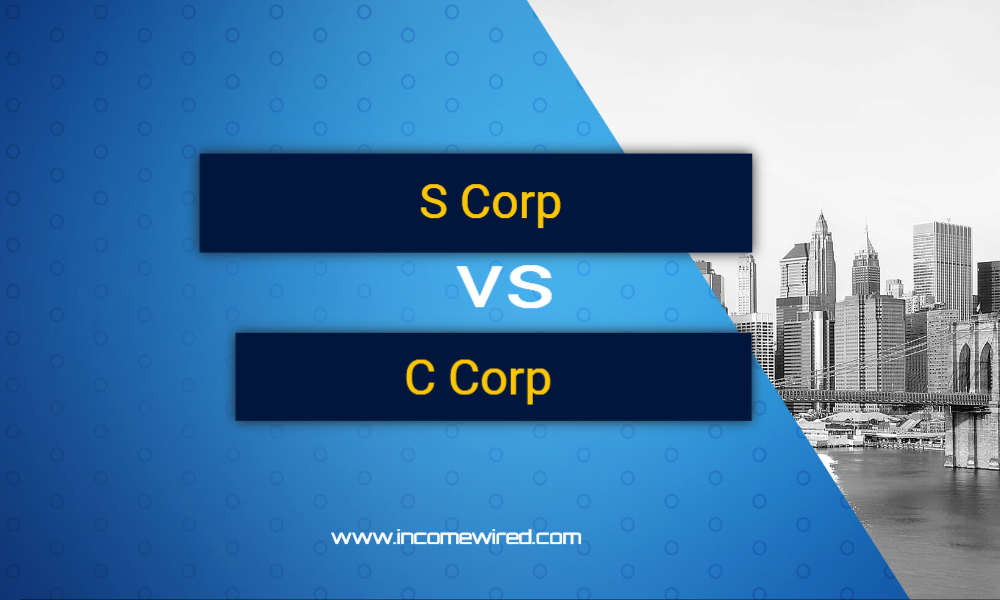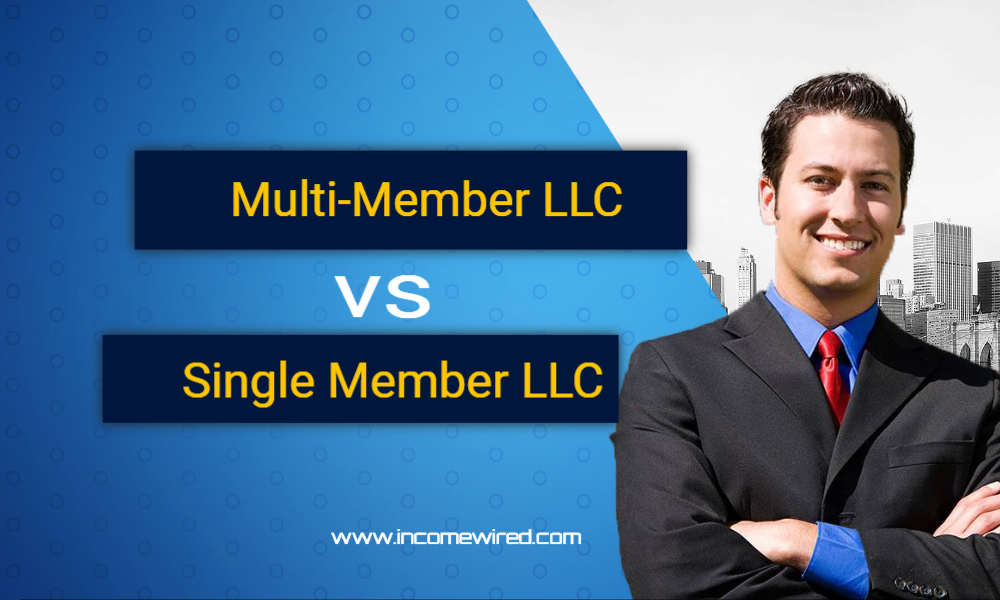we help service-based business owners, freelancers, and aspiring businesses with our content & services & When readers purchase services discussed on our site, we often earn affiliate commissions that support our work. Find out more about Income Wired
When creating a new business, you will need to decide which type of legal entity to form. The most common types of business entities are the sole proprietorship, partnership, limited liability company (LLC), and corporation. Each has its own advantages and disadvantages that you should consider before making a decision.
One important factor to keep in mind is how your business will be taxed. A sole proprietorship and partnership are taxed as pass-through entities, meaning that the business itself is not taxed on its profits. Instead, the owners of the business are taxed on their share of the profits. This can be advantageous because it allows the owners to take advantage of lower tax rates.
An LLC can also be taxed as a pass-through entity, or it can be taxed as a corporation. If you choose to have your LLC taxed as a corporation, then your business will be subject to corporate income tax. This can be disadvantageous because corporations are typically taxed at a higher rate than pass-through entities.
What is an s corporation?
An s corporation is a type of business entity that offers limited liability protection to its owners. S corps are taxed at the individual level, meaning that business income is passed through to the owners and taxed at their individual tax rates.
What is a c corporation?
A c corporation is a type of business entity that offers limited liability protection to its owners. C corps are taxed at the corporate level, which can result in a higher overall tax bill.
When choosing between an s corporation and a c corporation, it is important to keep in mind the difference in how these two types of businesses are taxed. S corporations are pass-through entities, meaning that the business itself is not subject to income tax. Instead, the owners of the business are taxed on their share of the profits. This can be advantageous because it allows the owners to take advantage of lower tax rates.
C corporations are subject to corporate income tax. This can be disadvantageous because corporations are typically taxed at a higher rate than pass-through entities. However, there are some advantages to being a c corporation. For example, c corporations can raise capital by selling stock. They can also issue bonds and other types of debt.
When weighing a S corp vs C corp, it is important to consider the tax implications of each business structure. S corps may be advantageous because they are not subject to corporate income tax. However, c corporations have the ability to raise capital through the sale of stock and bonds. You should consult with an accountant or tax advisor to determine which business structure is right for your situation.
Benefits of s corporation:
- The business itself is not subject to income tax.
- The owners of the business are taxed on their share of the profits.
- Allows the owners to take advantage of lower tax rates.
Benefits of c corporation:
- Can raise capital by selling stock.
- Can issue bonds and other types of debt.
- May be able to avoid double taxation.
S vs C corp
The s vs c corp debate is one that has been around for quite some time. s corp status can be beneficial for small businesses, as it allows for pass-through taxation and can help to save on taxes. However, c corp status may be better for businesses that are looking to grow, as it offers more protection from liability. Ultimately, the decision of which type of corporation to form depends on the specific needs of the business.
When choosing between s and c corporations, there are a few key factors to consider. The first is taxation. S corps are taxed as pass-through entities, meaning that business income is passed through to the owners and taxed at their individual tax rates. C corps, on the other hand, are taxed at the corporate level, which can result in a higher overall tax bill.
Another key factor to consider is liability protection. C corps offer limited liability protection to their owners, meaning that they are not personally responsible for the debts and liabilities of the business. S corps offer no such protection, meaning that owners could be held personally liable if the business were to default on its debts.
Finally, it’s important to consider the future growth potential of the business when choosing between s and c corporations. C corps tend to be better suited for businesses that are looking to expand, as they offer more flexibility in terms of funding and ownership structure. S corps may be better suited for smaller businesses with no plans to grow beyond a certain size.
Ultimately, the decision of whether to form an s or c corporation depends on the specific needs of the business. Taxation and liability protection are two key factors to consider, as well as the future growth potential of the company. With careful consideration, businesses can choose the type of corporation that best suits their needs.
People Also Ask:
What is the difference between s and c corporations?
S corps are pass-through entities, meaning that business income is passed through to the owners and taxed at their individual tax rates. C corps, on the other hand, are taxed at the corporate level, which can result in a higher overall tax bill. C corps also offer limited liability protection to their owners, meaning that they are not personally responsible for the debts and liabilities of the business. S corps offer no such protection.
Can an s corporation become a c corporation?
Yes, an s corporation can elect to be taxed as a c corporation. This can be advantageous if the business is looking to expand, as it offers more flexibility in terms of funding and ownership structure.
What are the disadvantages of an s corporation?
The main disadvantage of an s corporation is that it offers no protection from liability. This means that the owners of the business could be held personally responsible for the debts and liabilities of the business.
What are the advantages of a c corporation?
C corps offer limited liability protection to their owners, meaning that they are not personally responsible for the debts and liabilities of the business. C corps also have the ability to raise capital through the sale of stock and bonds.
Which is better s or c corporation?
There is no easy answer as to which type of corporation is better. The decision depends on the specific needs of the business, including taxation and liability protection. S corps may be better suited for smaller businesses with no plans to grow beyond a certain size, while c corps may be better for businesses that are looking to expand.
What is the difference between s corp and LLC?
The main difference between s corps and LLCs is that s corps are taxed as pass-through entities, while LLCs can elect to be taxed as either pass-through entities or c corporations. LLCs also offer more flexibility in terms of ownership structure than s corps.
What is the difference between s corp and sole proprietorship?
The main difference between s corps and sole proprietorships is that s corps offer limited liability protection to their owners, while sole proprietorships do not. S corps are also taxed at the individual level, while sole proprietorships are taxed at the corporate level.
What is the difference between s corp and partnership?
The main difference between s corps and partnerships is that s corps offer limited liability protection to their owners, while partnerships do not. S corps are also taxed at the individual level, while partnerships are taxed at the corporate level.
How to tell if a company is an s corp or c corp?
The easiest way to tell if a company is an s corp or c corp is to look at its tax return. S corps will have the letters “S” or “s” next to the corporation name, while c corps will have the letters “C” or “c.



